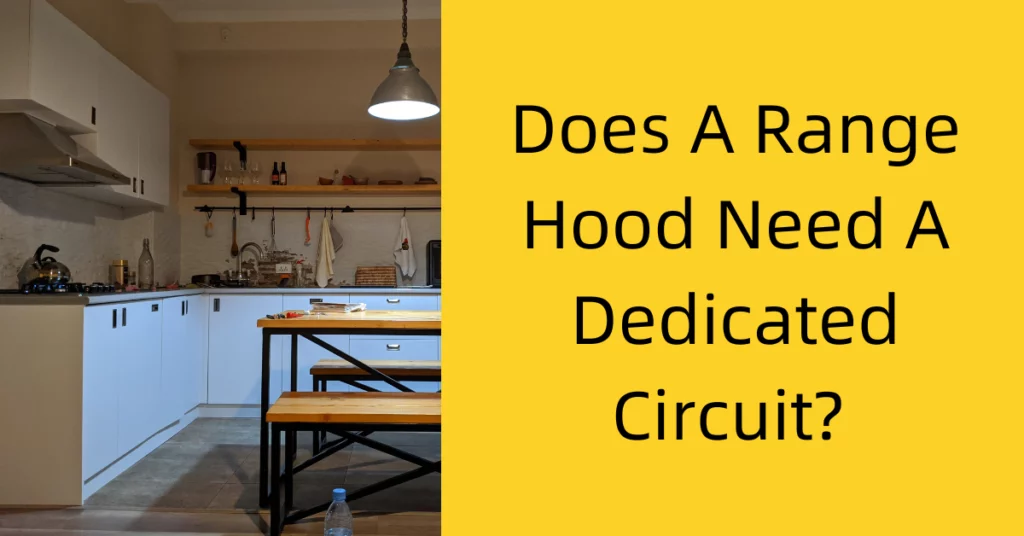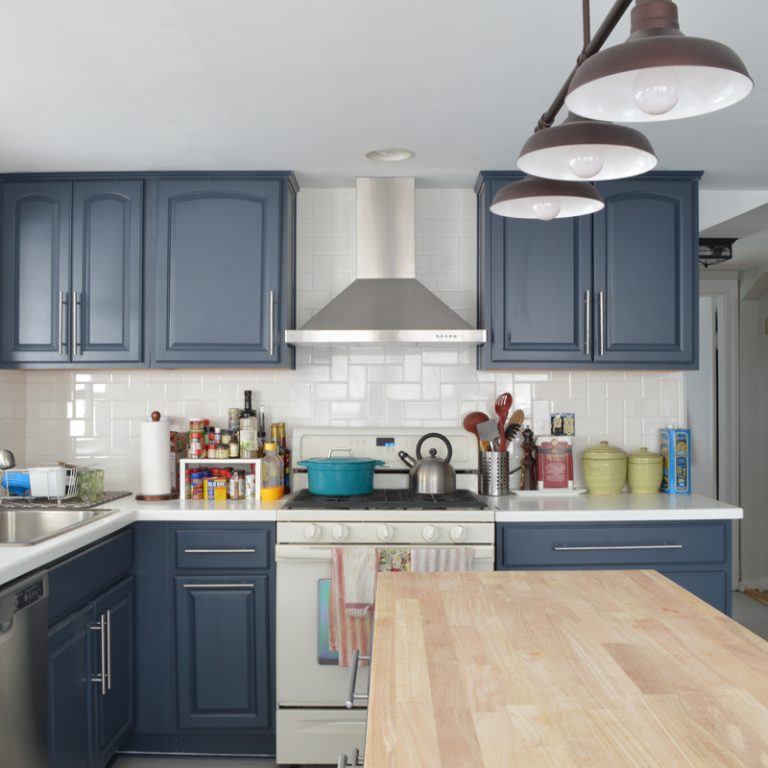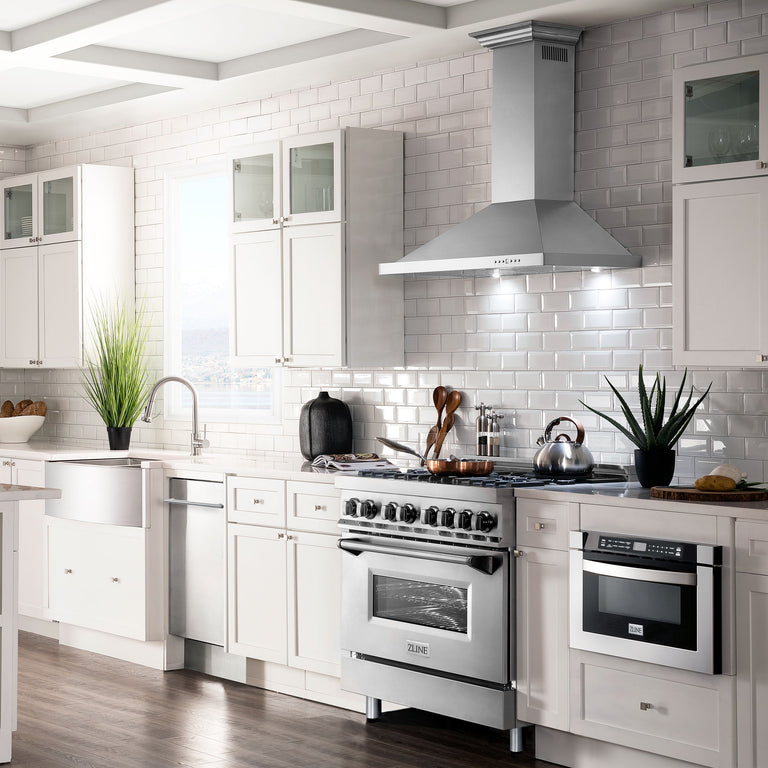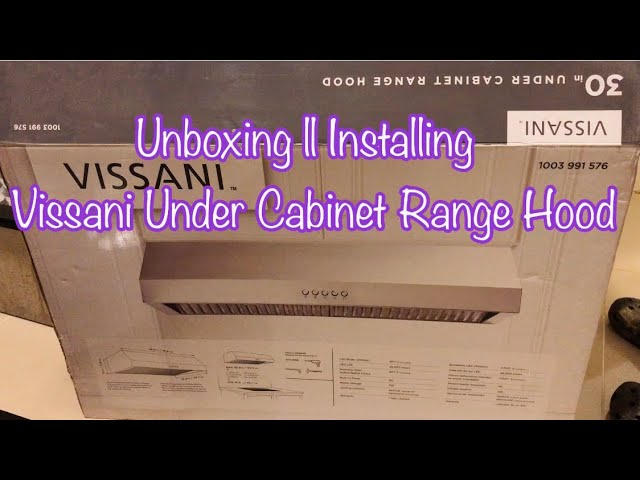Yes, a range hood typically requires a dedicated circuit. This ensures it operates safely and efficiently without overloading other appliances.
Range hoods play a crucial role in kitchen ventilation. They remove smoke, steam, and odors, enhancing air quality while cooking. Many homeowners overlook the electrical needs of these appliances, but proper installation is essential for safety. A dedicated circuit prevents potential electrical issues and ensures the range hood receives adequate power.
This not only prolongs the lifespan of the appliance but also improves its performance. Understanding the requirements can help you make informed decisions during kitchen renovations. Prioritizing electrical safety in your cooking space creates a more enjoyable and functional environment. Investing in a dedicated circuit is a smart choice for any serious home cook.

Credit: wefixfaults.com
Introduction To Range Hood Circuitry
Range hoods are essential in kitchens. They remove smoke, odors, and grease. Proper ventilation keeps the air clean and safe. These appliances work hard during cooking.
Electrical requirements for range hoods vary. Some may need a dedicated circuit for safety. A dedicated circuit helps prevent overloads. This ensures the hood functions properly.
Check local codes for installation guidelines. It’s important to follow these to avoid hazards. Consult a qualified electrician for expert advice.
| Appliance | Typical Circuit Requirement |
|---|---|
| Range Hood | 15-20 Amp Circuit |
| Other Kitchen Appliances | Varies (15-30 Amp) |
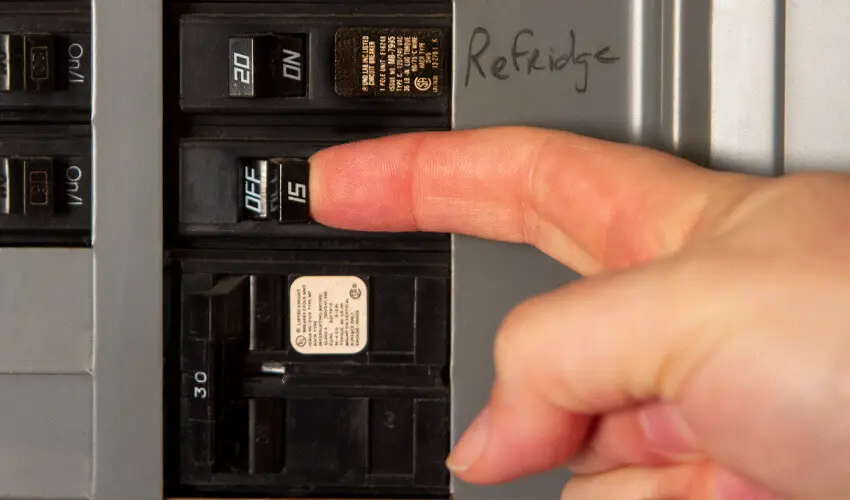
Credit: www.mrappliance.com
Electrical Requirements For Range Hoods
Range hoods typically require a dedicated circuit for safe operation. This helps prevent overloading electrical systems. Most range hoods operate on standard voltage, usually 120V.
Amperage can vary by model. Many range hoods use between 5 to 15 amps. Check the manufacturer’s specifications for exact requirements.
| Voltage | Amperage |
|---|---|
| 120V | 5-15A |
Understanding circuit load is essential. A dedicated circuit prevents electrical issues. Proper installation ensures safety and efficiency.
Dedicated Circuit Advantages
Installing a dedicated circuit for your range hood brings important benefits. Safety is a key factor. A dedicated circuit reduces the risk of overloading. This helps prevent electrical fires and ensures safer operation.
Improved appliance performance is another advantage. A dedicated circuit provides consistent power. This helps the range hood work efficiently. You will notice better extraction of smoke and odors.
Less interference from other appliances is also a plus. This means your range hood will run smoothly. Investing in a dedicated circuit ensures long-term reliability and safety for your kitchen.
Assessing Your Kitchen’s Electrical System
Assessing your kitchen’s electrical system is important for safety. A range hood may require a dedicated circuit. This ensures it gets enough power without overloading other appliances.
The current wiring layout should be reviewed. Check if your kitchen can handle the power needs. Many appliances share circuits, which can be risky.
| Appliance | Power Needs (Watts) |
|---|---|
| Range Hood | 300-600 |
| Refrigerator | 100-800 |
| Oven | 2000-5000 |
| Microwave | 600-1200 |
Power needs for multiple appliances can quickly add up. A dedicated circuit for the range hood prevents overloading. This keeps your kitchen safe and functional.
When A Dedicated Circuit Is Necessary
High-power range hood models often require a dedicated circuit. These hoods use more electricity than normal ones. A dedicated circuit helps prevent overloads. Overloads can cause tripped breakers or even fires.
Building codes vary by location. Many codes require a dedicated circuit for high-power appliances. This ensures safety and compliance with regulations. Always check local codes before installation. Using a dedicated circuit is a smart choice for safety.
Installation Insights
Installing a range hood often raises questions about electrical needs. A dedicated circuit is usually best for safety. This keeps the hood from overloading other appliances.
Choosing between DIY and professional installation is crucial. DIY can save money, but mistakes can be costly. A professional ensures safety and meets local codes.
To add a circuit, follow these steps:
| Step | Description |
|---|---|
| 1 | Turn off the main power to the house. |
| 2 | Install a new circuit breaker in the panel. |
| 3 | Run the appropriate wire to the range hood location. |
| 4 | Connect the wires to the hood following the manual. |
| 5 | Turn the power back on and test the hood. |
Common Questions Addressed
Many people wonder about existing circuit sharing for range hoods. A range hood might share a circuit with other appliances. This could lead to overloading, which is unsafe. Always check the amp rating of your circuit. It is important to ensure it can handle the added load.
Upgrading your electrical panel can be a smart choice. A new panel can provide more circuits and higher capacity. This helps avoid issues with circuit overload. Consult a licensed electrician for the best options. They can help determine if your home needs a dedicated circuit for the range hood.
Maintenance And Troubleshooting
Regular circuit checks are important for your range hood. Look for signs of wear or damage. Check for proper voltage and amperage. Ensure the circuit can handle the load of your hood. If problems arise, follow these steps:
- Turn off the power to the circuit.
- Inspect the wiring for any issues.
- Look for tripped breakers or blown fuses.
- Test the outlet with a multimeter.
- Call a professional if unsure about any steps.
Regular checks help avoid serious issues. Proper maintenance keeps your range hood running efficiently.
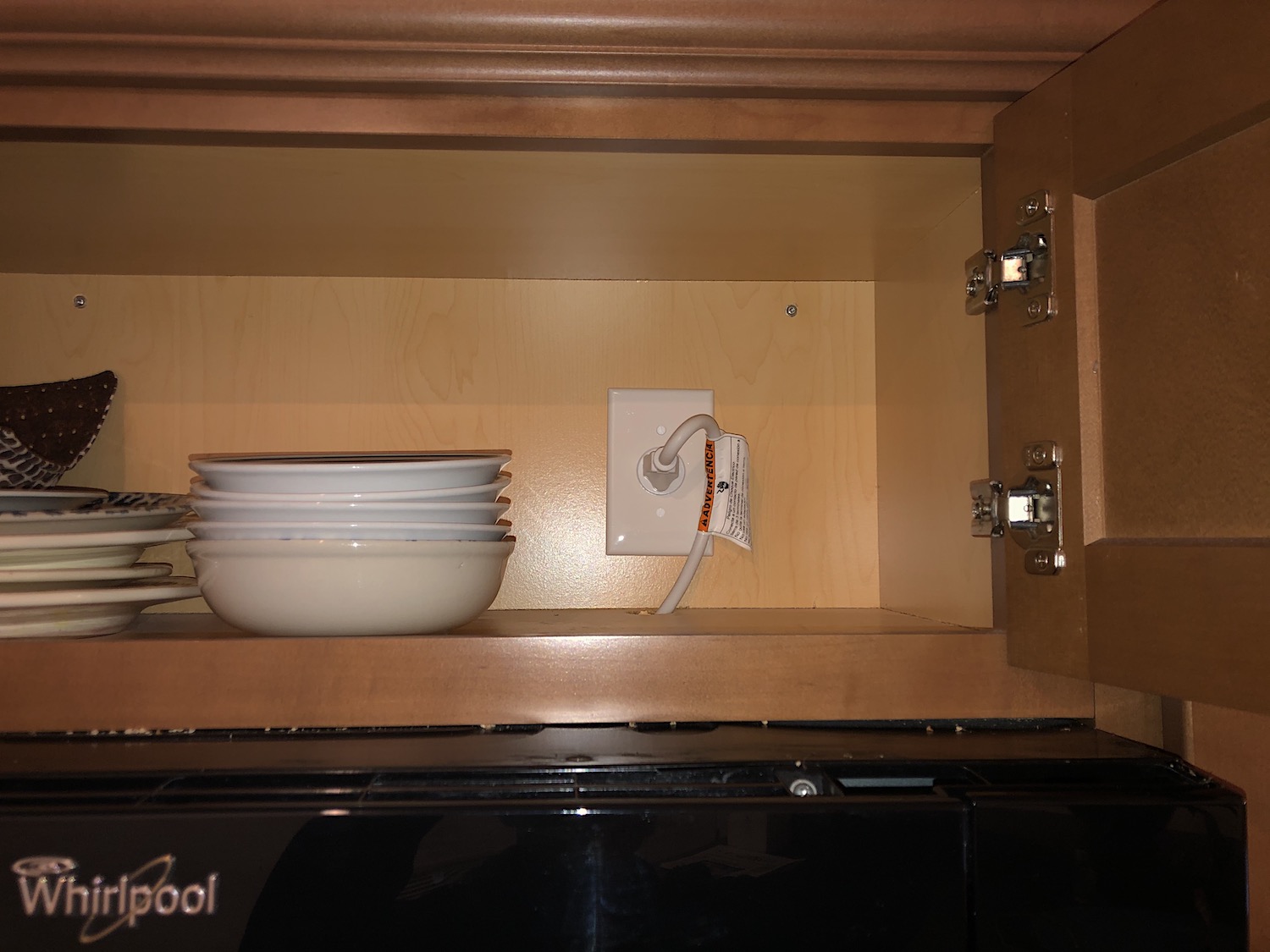
Credit: www.howtolookatahouse.com
Frequently Asked Questions
Does A Range Hood Require A Dedicated Circuit?
Yes, a range hood typically requires a dedicated circuit. This ensures that it receives sufficient power without overloading other appliances. A dedicated circuit helps prevent tripping breakers and enhances the hood’s performance. Always consult local electrical codes for specific requirements.
What Size Circuit Is Needed For A Range Hood?
Most range hoods require a 15 or 20-amp circuit. The size depends on the hood’s wattage and features. It’s essential to check the manufacturer’s specifications for guidance. Installing the correct circuit size ensures optimal performance and safety in your kitchen.
Can I Plug A Range Hood Into A Regular Outlet?
Plugging a range hood into a regular outlet is not advisable. Regular outlets may not provide adequate power for high-capacity hoods. This can lead to performance issues and potential electrical hazards. Always use a dedicated circuit for safe operation.
What Happens If A Range Hood Is Not On A Dedicated Circuit?
If a range hood is not on a dedicated circuit, it can cause circuit overloads. This may lead to tripped breakers or damaged appliances. Additionally, shared circuits may hinder the range hood’s efficiency. For safety and performance, a dedicated circuit is strongly recommended.
Conclusion
A dedicated circuit for your range hood is essential for safety and efficiency. It prevents overloads and ensures optimal performance. Installing a separate circuit can reduce electrical issues and enhance the longevity of your appliance. Prioritizing this step protects both your kitchen and home.
Invest in safety for peace of mind.
